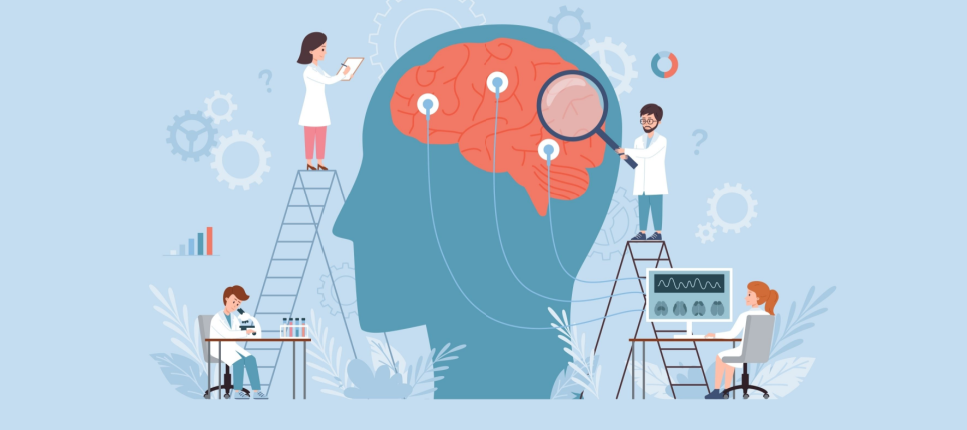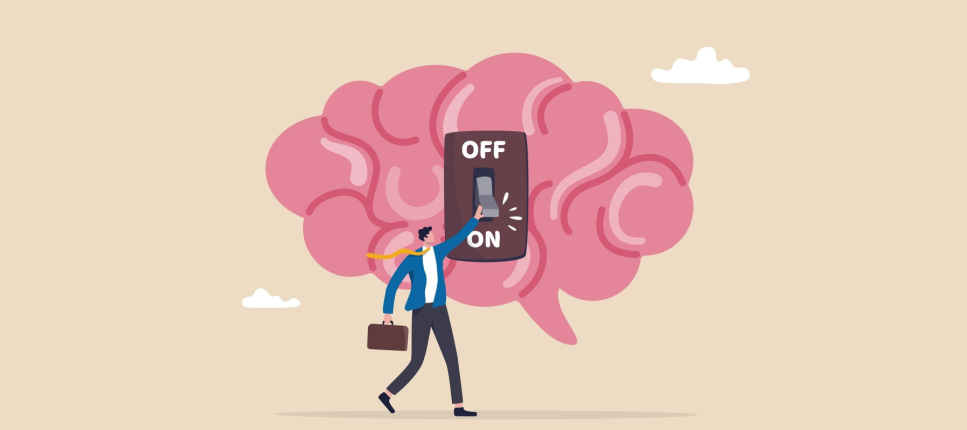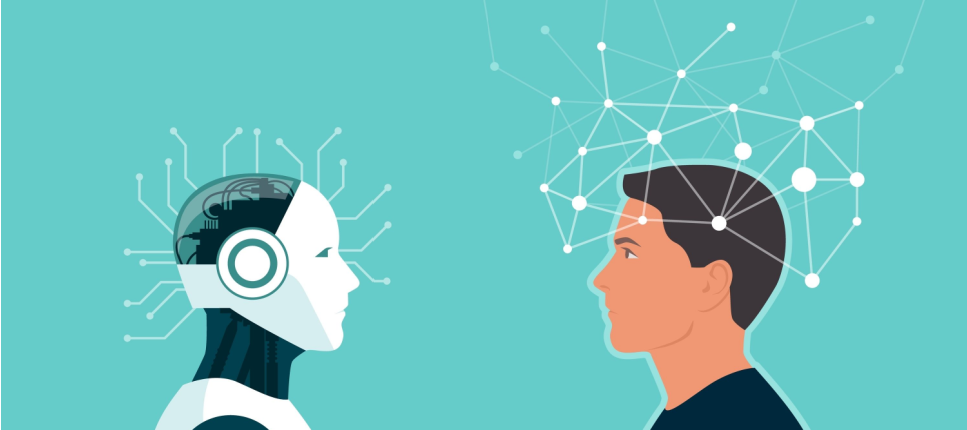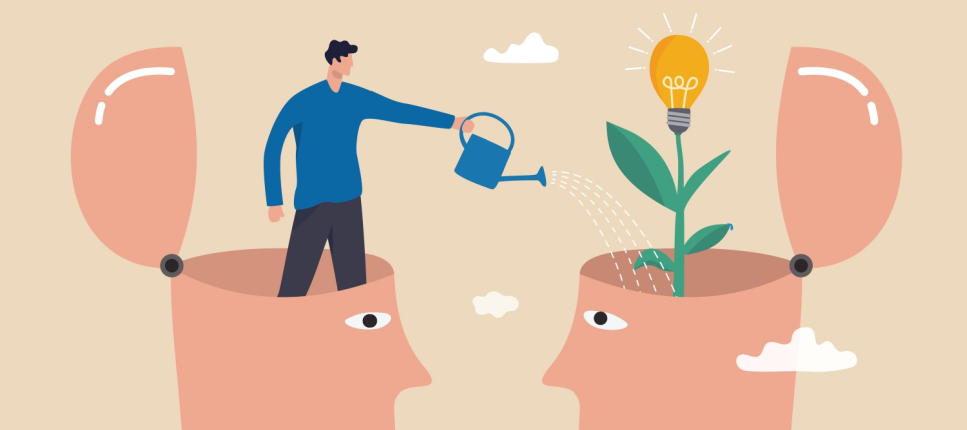Using Neuroscience to Advance Education
Since the impressive technological advances in brain imaging in the 1990s, neuroscience has enabled cognitive science to take a giant step forward. By observing the mechanisms of the brain in action, we can now confirm or refute certain hypotheses on which our understanding of learning and teaching has been built. Neuroscience has the power to bring us considerable progress in education without rejecting our entire pedagogical heritage or repressing the contribution of teachers in this great march forward—on the contrary.










